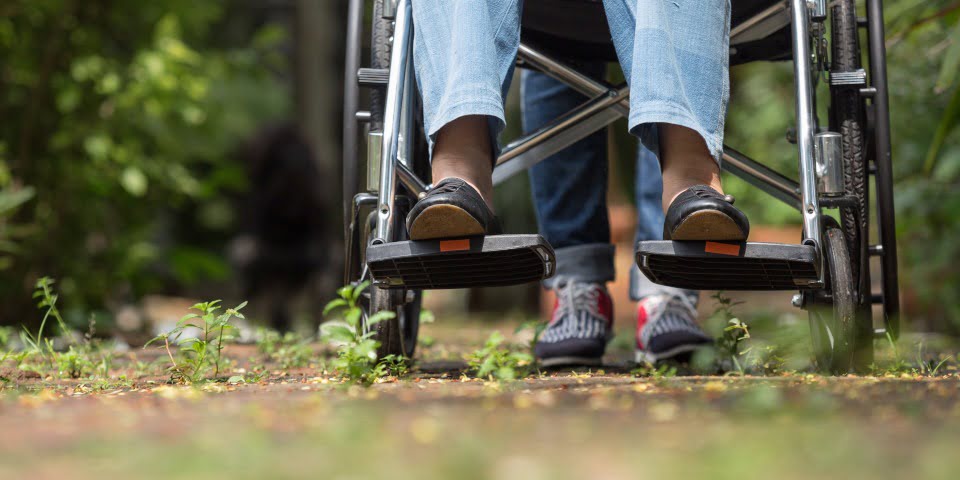The National Rural Health Alliance (NRHA) has welcomed the major parties’ focus on rural, regional and remote connectivity for health’s sake, ahead of the federal election.
The Coalition provided $220 million in the 2019-2020 budget including $160 million to fix mobile black spots, and $60 million for a new regional connectivity program and a digital tech hub to improve digital literacy. Labor has promised $245 million to eradicate mobile black spots, improve digital literacy and fund local projects to improve connectivity in regional communities.
At the launch of the Alliance’s 2019 Federal Election Charter in Canberra this week, NRHA CEO Mark Diamond spoke of the importance of improved connectivity for health in rural and remote areas, but said the promises had to go further.
“We’ve costed what it will take to provide the sorts of connectivity that will improve access to health services for communities in outback Australia and it is $400 million,” he said.
“Governments need to do more if they’re serious about connecting rural, regional and remote Australia into decent online healthcare.
“It’s a fact that over 20 per cent of the difference in health outcomes experienced by people in rural areas, compared to people in metropolitan areas, is because they can’t access timely, appropriate and affordable healthcare. Given regional and remote Australia is an economic generator for our country, that’s simply not fair.
“This not a political issue. It’s a rural health issue and a real societal issue for all Australians.
“People in rural and remote communities, including mining towns and indigenous communities, deserve the same access to services such as health and education and we need the digital infrastructure and connectivity to make it happen.
Mr Diamond says it doesn’t matter who is in government as all parties have the same responsibility to these communities as they do to metropolitan areas.









